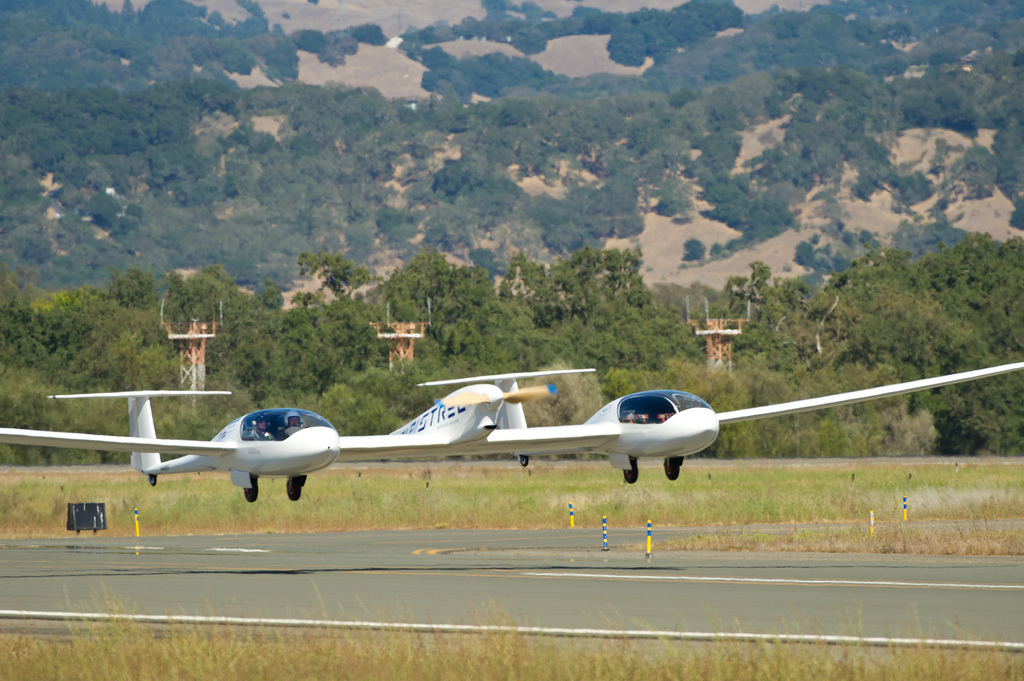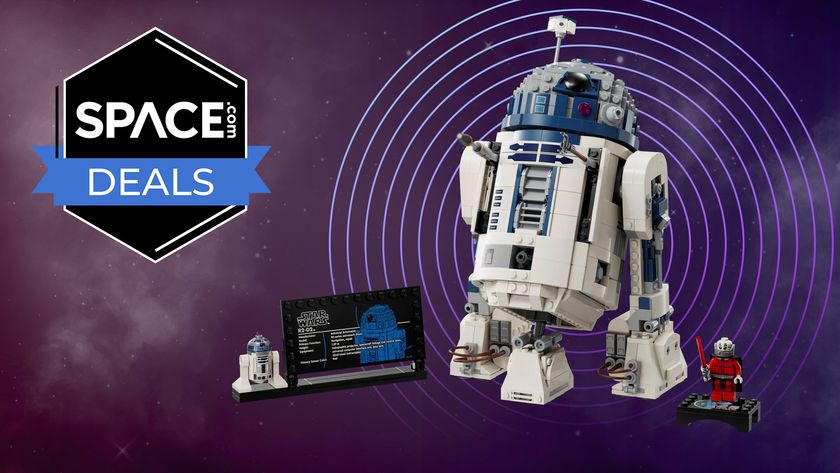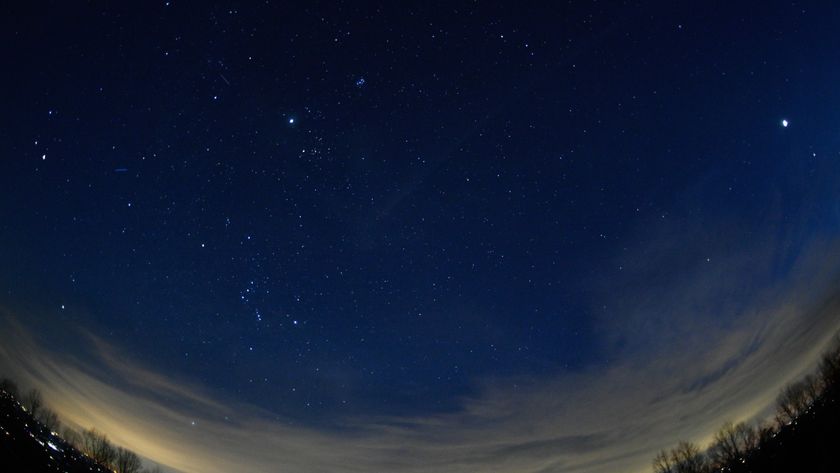Electric Plane Wins $1.35 Million in NASA Challenge

NASA has doled out the largest prize in aviation history, in an effort to help make future aircraft cleaner and greener.
A team called Pipistrel-USA.com, of State College, Pa., has taken home the $1.35 million top prize, NASA officials announced Monday (Oct. 3).
The space agency helped organize a competition called the CAFE Green Flight Challenge, which tasked teams to design, build and demonstrate super-efficient aircraft.
Team eGenius, of Ramona, Calif., came in second and scored $120,000. Both top finishers demonstrated working electric planes.
"NASA congratulates Pipistrel-USA.com for proving that ultra-efficient aviation is within our grasp," Joe Parrish, NASA's acting chief technologist at NASA Headquarters in Washington, said in a statement. "Today we've shown that electric aircraft have moved beyond science fiction and are now in the realm of practice." [10 Future Public Transportation Vehicles]
Fourteen teams registered for the competition, whose guidelines instructed them to build aircraft that could fly 200 miles (322 kilometers) in less than two hours using less than one gallon of fuel per passenger, or the equivalent in electricity.
Three of the original 14 teams met these requirements and competed in a fly-off over the past week near Santa Rosa, Calif. Both Pipistrel-USA.com and eGenius flew the 200 miles using just over a half-gallon of fuel equivalent per passenger, NASA officials said.
Get the Space.com Newsletter
Breaking space news, the latest updates on rocket launches, skywatching events and more!
"Two years ago the thought of flying 200 miles at 100 mph in an electric aircraft was pure science fiction," said Jack Langelaan, team leader of Team Pipistrel-USA.com. "Now we are all looking forward to the future of electric aviation."
The competition marked the culmination of more than two years of work for the teams involved. Collectively, the competing teams spent more than $4 million to design, develop and test their aircraft. The technologies demonstrated during the challenge could find their way into commercial aviation in the future, officials said.
The competition was managed by the Comparative Aircraft Flight Efficiency (CAFE) Foundation under an agreement with NASA. It was sponsored by Google.
Follow SPACE.com for the latest in space science and exploration news on Twitter @Spacedotcom and on Facebook.
Join our Space Forums to keep talking space on the latest missions, night sky and more! And if you have a news tip, correction or comment, let us know at: community@space.com.

Space.com is the premier source of space exploration, innovation and astronomy news, chronicling (and celebrating) humanity's ongoing expansion across the final frontier. Originally founded in 1999, Space.com is, and always has been, the passion of writers and editors who are space fans and also trained journalists. Our current news team consists of Editor-in-Chief Tariq Malik; Editor Hanneke Weitering, Senior Space Writer Mike Wall; Senior Writer Meghan Bartels; Senior Writer Chelsea Gohd, Senior Writer Tereza Pultarova and Staff Writer Alexander Cox, focusing on e-commerce. Senior Producer Steve Spaleta oversees our space videos, with Diana Whitcroft as our Social Media Editor.


